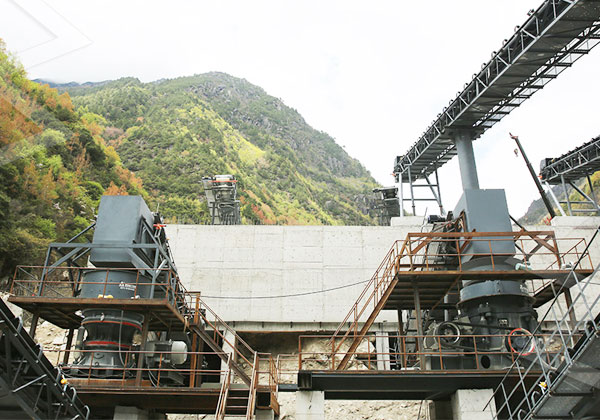Crushed stone basalt production line
A crushed stone basalt production line is a highly efficient and essential industrial process used in mining and construction to produce high-quality aggregates. Basalt, a dark, dense igneous rock formed from cooled lava, is valued for its hardness, durability, and resistance to weathering. These qualities make basalt ideal for use in road base, concrete aggregate, asphalt pavement, railway ballast, and other construction applications. A well-designed production line ensures consistent output, high productivity, and minimal downtime, meeting the growing demand for construction materials globally.
The production process typically begins with the mining of raw basalt from a quarry or mine. Large basalt rocks are transported to a primary crusher, usually a jaw crusher, which breaks them down into smaller pieces. These smaller stones are then passed through secondary and tertiary crushers, such as cone crushers or impact crushers, to achieve the desired size and shape. Each crushing stage is designed to maximize efficiency while minimizing wear on the equipment. The quality and output capacity of the production line depend heavily on the crusher selection, equipment reliability, and proper configuration of the entire system.

Once the basalt is crushed, the material undergoes a screening process to separate it into different size fractions. Vibrating screens are commonly used to sort the crushed stone into various grades suitable for different uses. Oversized material may be returned to the crusher for reprocessing, while the final product is conveyed to stockpiles or storage areas. In many modern facilities, dust control systems and water sprays are installed to minimize environmental impact and ensure compliance with local regulations. These steps help improve working conditions and reduce the ecological footprint of the operation.
Automation and technology play a crucial role in enhancing the efficiency of basalt crushing lines. Advanced control systems monitor performance, regulate feed rates, and adjust crusher settings in real time. This allows operators to optimize production, reduce energy consumption, and improve product quality. Moreover, mobile and modular configurations are increasingly popular, especially in remote or temporary projects, offering flexibility and easy relocation while maintaining high productivity levels.
In conclusion, a crushed stone basalt production line is a vital component of modern construction and infrastructure development. From mining and crushing to screening and storage, each step is meticulously designed to produce durable, high-quality basalt aggregates. The integration of advanced machinery, automation, and environmental measures ensures that the operation is both efficient and sustainable. With the rising global demand for infrastructure and urbanization, the need for reliable basalt crushing solutions continues to grow, positioning this production line as a cornerstone of the building materials industry.
